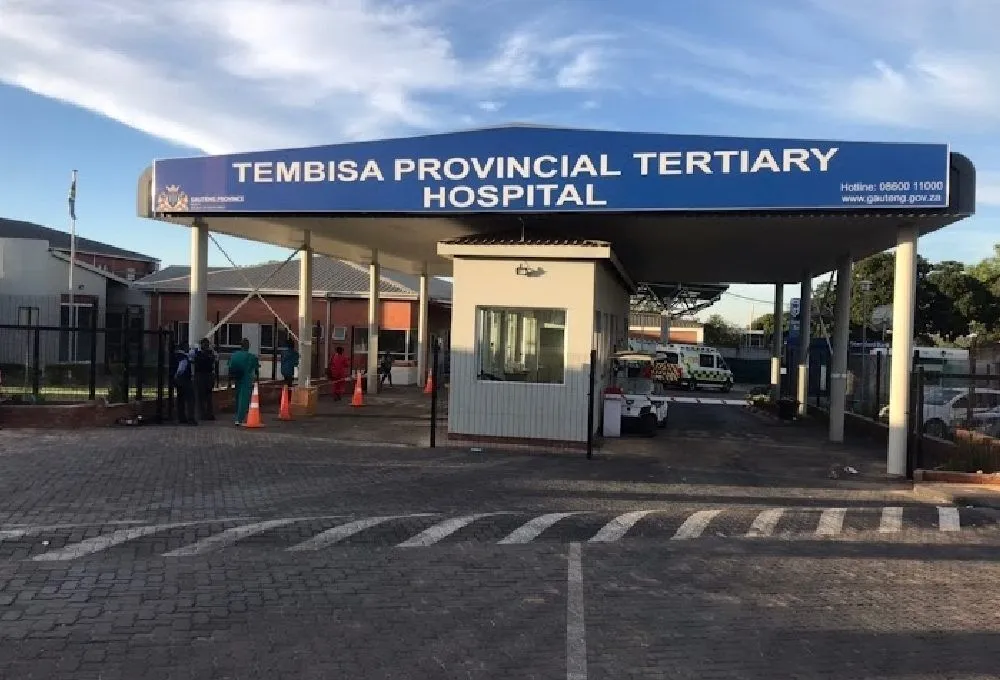The Chairperson of Parliament’s Health Portfolio Committee, Dr Sibongiseni Dhlomo, has submitted a passionate call for the harshest penalties for those involved in the R2 billion Tembisa Hospital theft. The demand comes on the heels of a Special Investigating Unit report released on Monday, which unveiled misconduct related to hospital procurement that implicates both Gauteng government officials and employees at the eastern Johannesburg hospital.
Dr Dhlomo’s comments arrived amidst a climate of public outrage, particularly in light of the tragic assassination of Babita Deokaran, a whistleblower whose brave revelations concerning procurement irregularities placed her in the crosshairs of corrupt syndicates. Deokaran was murdered outside her home in August 2021, an act that has intensified calls for accountability and justice in a landscape marred by corruption.
According to Dr Dhlomo, the theft of substantial public resources, which are intended to enhance health services and improve the citizens’ quality of life, represents a treasonous act that undermines the country’s democratic fabric. “It’s treasonous to actually get taxpayers’ money dedicated to get better quality of health service and improve the quality of life of our citizens, buy more ambulances and employ doctors, to be used in this way, for buying Lamborghinis for self-interest,” Dhlomo stated emphatically.
The gravity of the situation has prompted Dr Dhlomo to advocate for a national dialogue on possible severe consequences for those engaged in such acts. “In other countries, if you do such a treasonous act, you would not see life the next day,” he asserted, hinting at an extreme measure that some may argue is a necessary deterrent against rampant corruption.
The report’s findings have sparked fervent debates among lawmakers and citizens alike, with many questioning the integrity of the institutions meant to serve and protect the interests of the populace. The fear of further repercussions for whistleblowers like Deokaran looms large, as discussions shift towards ensuring adequate protections for those who expose wrongdoings, coupled with substantive punitive measures for those found guilty of corruption.
As the ramifications of the investigation unfold, it remains to be seen how the parliamentary discussions will impact the future of both governance and the healthcare system in Gauteng.



